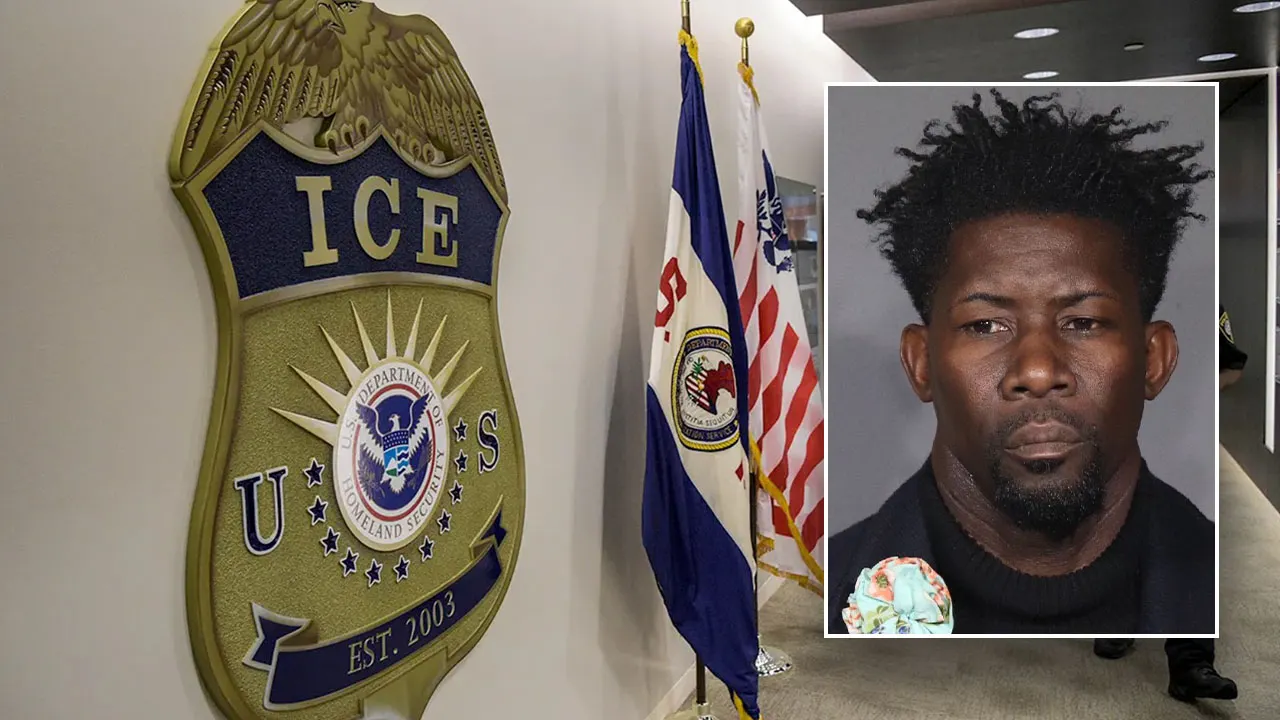CELLFISH
Well-Known Angler
,,,,,,,,,,,,,,,><))))*>
><))))*<
Department of Building had their Annual BBQ fest at Governor’s Island on Tuesday… kabooms…
.
Follow along with the video below to see how to install our site as a web app on your home screen.
Note: This feature may not be available in some browsers.
,,,,,,,,,,,,,,,><))))*>
><))))*<









Indians are not black. They all smoke crack in mastic, no boats. Who comes up with this crap fishing rights.
Shinnecock fishermen lose court battle over fishing rights
A federal judge ruled against three Shinnecock fishermen, citing colonial-era proclamations, denying their claim to aboriginal fishing rights in New York waters.www.newsday.com
Text of article. Because paywall:
A federal district court judge last week cited a vacated 2007 opinion and colonial-era "royal proclamations" in ruling against three Shinnecock Indian Nation fishermen who sought a declaration affirming their aboriginal right to fish in New York waters.
The case, which stems from a 2018 federal lawsuit brought by the three tribe members who had been cited in separate commercial fishing cases by the state, denied a motion for summary judgment seeking to prevent state regulators from interfering with their fishing beyond tribal waterways.
The decision by Central Islip-based federal District Judge Gary Brown granted a summary judgment sought by the state Department of Environmental Conservation and its officers, including former DEC Commissioner Basil Seggos and two Long Island enforcement officers, rejecting the Shinnecock claim.
In his ruling, Brown, while acknowledging he "need not reach the question of aboriginal rights," nevertheless weighed into a contentious issue, citing a 2007 opinion by former District Court Judge Joseph Bianco that found 17th century land purchases "by British colonists and subsequent royal proclamations demonstrate an ‘extinguishment of aboriginal title’ in present day Southampton."
Bianco’s "well-reasoned determination undermines plaintiff’s arguments that they have aboriginal title to fish in Shinnecock Bay," Brown wrote, even while noting that the Bianco decision was later vacated "on other grounds."
David Taobi Silva, one of the fishermen, in an interview, called the decision "disappointing," and said he plans to appeal. "It really feels like the judge didn't read anything that we submitted," said Silva of hundreds of pages of amicus briefs by Indian law experts and professors, including from Stanford University.
In addition, Silva said, the Bianco decision was about land, not fishing rights. "The judge drew a conclusion that was not even presented to him," he said. "It's a misapplication is really what it is. These are totally different cases."
The Shinnecock Nation has consistently rejected the Bianco opinion, saying they have never relinquished ownership of their sovereign land, notably in cases involving its Westwoods property in Hampton Bays. The U.S. Department of the Interior affirmed their aboriginal title to the land earlier this year.
The DEC, in a statement to Newsday, said, it was "pleased" the judge "granted summary judgment in DEC’s favor. DEC is eager to return our focus to fostering our working relationship with the Shinnecock Nation and their leadership."
Beside the question of aboriginal rights, Brown also pointed to the need for fishing regulations and prior rulings that show Indian nations can be subject to them.
State regulators at the DEC have instituted regulations to "protect aquatic species," notably the American eel population that Silva was cited for taking without a license.
"Conservation of eel species is essential for maintaining food chains in aquatic ecosystems and protecting species for whom eel is an important food source, such as various fish, birds, and mammals," Brown wrote.
The main question is whether, "regardless of any aboriginal title, the state fishing regulations at issue are reasonable and nondiscriminatory," Brown wrote. He also noted that under the doctrine of conservation necessity, states "can impose reasonable and nondiscriminatory regulations on an Indian tribe’s treaty-based hunting, fishing, and gathering rights on state land when necessary for conservation."
Brown also noted a case brought by the Unkechaug Indian Nation in federal court in which the Mastic-based nation "challenged these same American eel regulations." In that case, Brown wrote, Judge William Kuntz granted summary judgment for the state, finding that New York "has a clear interest in conserving the American eel population, and it has imposed reasonable, non-discriminatory regulations in furtherance of this interest."
Maintaining the eel population," Brown wrote, ... "benefits recreational and commercial fisheries, which provide employment opportunities and play a vital role in numerous industries."


Sounds about the right timing.Oh , do tell.......

Long Island DMV workers arrested in scheme to sell commercial driver's permits, DA says
Nassau County authorities say passing grades on commercial driving tests were for sale at the Garden City DMV.www.cbsnews.com
Let me guess. Issued to No Name Given?
:max_bytes(150000):strip_icc():focal(749x0:751x2)/JK-Rowling-attends-the-UK-Premiere-of-Fantastic-Beasts-The-Crimes-Of-Grindelwald-Vancouver-Board-of-Parks-and-Recreation-Commissioner-Scott-Jensen-101025-35927ec9c31b4e9c8aac25e96507f399.jpg)
